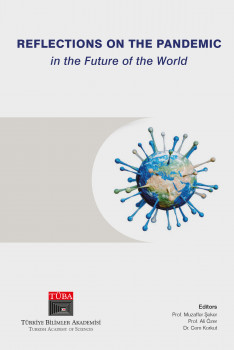Global Security and Cooperation in the Postpandemic Period: From the 19th Century Concert of Europe to the 21st Century Concert of Globe

Global Security and Cooperation in the Postpandemic Period: From the 19th Century Concert of Europe to the 21st Century Concert of Globe
The establishment of the 19th-century “Concert of Europe” provided a relatively sustainable political stability and peace for almost 100 years yet was unable to prevent the transformative powers and revolutionary dynamics rising from within. At the turn of the 20th century, the European continent began to signal new quests for change, resulting from shifts in the political balance of power and the advancements in military technology in particular. The international policy heritage inherited by the 21st century from the previous one, which gave rise to two global wars, is not a “total sum of the relations among nationstates,” but a globalized world where “there is little space of maneuver left for the states to make changes in the system.” In this new setting, perceptions of global security go beyond the traditional military framework and are reshaped within the perceptions of the 21st-century security architecture with its new dimensions such as environmental threats, epidemics, economic crises, and natural disasters. On the other hand, it was exactly a severe trauma that paves the way to an existential crisis for the global society, who have already faced with two major threats, as “global terrorism” and “global economic crisis” in the first twenty years of the new century to suffer a pandemic (COVID-19), while fighting against many uncertainties of being on the verge of a transition to a new civilizational mode, namely Industry 4.0. Despite the common enemy of the pandemic which equally threatens all countries, they are unable to operate the UN, NATO, or WHO as a common platform of cooperation but as a ground for competition between countries, which does not seem promising for the future. It is crucial to know that threats to peace and security in the upcoming period will not emerge from only non-state actors such as global terrorism, environmental problems, or pandemics and will not be limited to a particular part of the world, but also rise from interstate relations, like the U.S.-China rivalry. It is only possible to transform the 19th-century “Concert of Europe” model into a 21st-century “Concert of Globe” system, with a multilateral and fair participation of the members of the global community.
